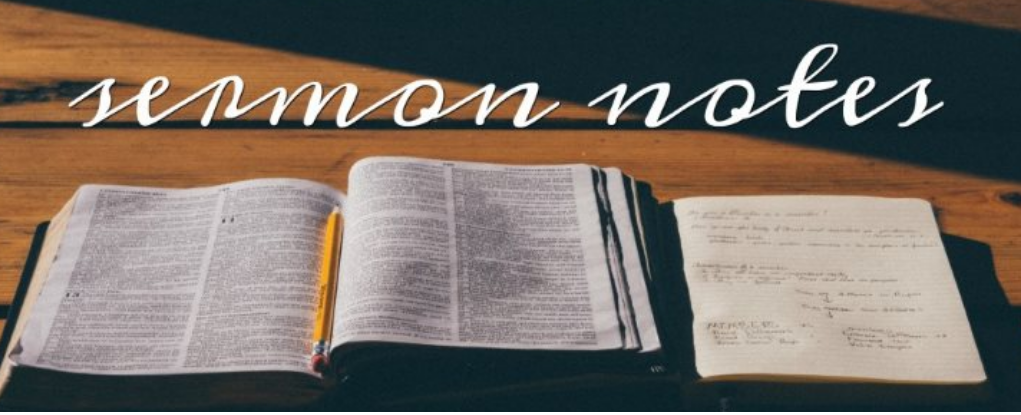
“Make Small Sacrifices with Great Love”
Father Peter Fitzgibbons
November 30 – December 1st, 2019
Scripture: Matthew 24: 37-44
Today is the first day of Advent and the beginning of the Church’s new year. In 24 days, we will celebrate the birthday of Christ.
Peace is a “Who” not a “what.” Our Lord wants to give us peace; but, it does not come from our own virtuousness; instead, it comes from Him. Yet, we want to keep what we have. We don’t want to be told how to live, and we want to keep our stuff. My brother, John, went to the doctor who told him that he had Hepatitis C. The doctor said that he could cure my brother, but he would have to stop drinking. The Lord offered to heal him, but my brother said, “No, thank you.” John wanted other things more. He died an unpleasant death, but it was within the arms of the Holy Church.
Thousands of years ago, after our parents committed the first sin, God tried to prepare His people. He sent St. John the Baptist and other profits to teach them. Some got it, and some did not. From the Old Testament, we know that they wouldn’t listen to Him; they didn’t get it, and they went looking for love in all the wrong places. God cried, because He was trying to prepare people and wanted to gather them to Him.
Christ never failed to fulfill any of His promises, and He never will. We long for the promises of God, and while we wait, He is preparing us with His teachings and the Sacraments. You should not give people things for which they are not ready. For example, we prepare ourselves to eat out at restaurants by not eating beforehand. We also do not give a young child a horse…or get them a cat, even if they say “Oh, I’ll take care of it.” We have been preparing for the Savior for thousands of years. He will judge when we are ready… not us.
Involuntary suffering helps us prepare for the death of self. An example is when you try to take a nap in spite of a lot of noise. Another example is when we cannot go home for Christmas to be with those we love. Or, maybe it’s the first Thanksgiving or Christmas without loved ones who have received their celestial discharge. These are real sufferings. When we hear happy songs, we may even want to chuck the radio out the window. We feel the loss. One of my involuntary sufferings (it’s really all about me) is when I get called out in the middle of the night. As I go through town, every light is working, even at 2 am and there’s nobody around. But, if I zipped through a light, most likely there would be a trooper nearby waiting to catch me. Another involuntary suffering occurs when I get behind someone who can’t do the speed limit; they go from 58 mph to 42 then back to 58…they drive like a Slinky. Have they ever heard of cruise control? It drives me insane! Other drivers cannot seem to do the speed limit until they are behind me and then they speed up. Dude really? Still another, is when I’m at the grocery store and someone with 25 items gets into the 12-item or less lane. No matter what it is we have to endure, we can turn into a prayer. All of those involuntary mortifications, and there seems to be so many, are the renunciation of self.
Voluntary mortifications are personal sufferings in which we strip ourselves of small things like…I won’t have that extra piece of pie, meat, or squirrel depending on how you roll. You don’t have to donate a kidney; just do something small like saying an extra decade of the rosary. This is how we can prepare to meet God. Some other examples of voluntary mortification are: Going to confession frequently; Participating in the Mass…even on weekdays; and, Praying. Saint Teresa said that there are no small sacrifices that are made with a great deal of love.
How will you apply this message to your life? Will you make small sacrifices with great love? Will you turn your involuntary sufferings into prayers?
Father’s Reflections….
- God’s gifts are not our reward for being special. He gives us just enough to want more and to grow closer to Him. God doesn’t want to give us just gifts. He wants to give us the gift of Himself.
- When I was very young, we attended my uncle’s funeral. When I looked inside his coffin, I saw that he had a missing leg. Not wanting to go looking around for it, I asked Dad where it was. Dad, always quick on his feet, said they had put it back in the box. My uncle’s funeral was held at a French parish in Massachusetts where they say the rosary very quickly. Even so, it helps prepare our souls.
